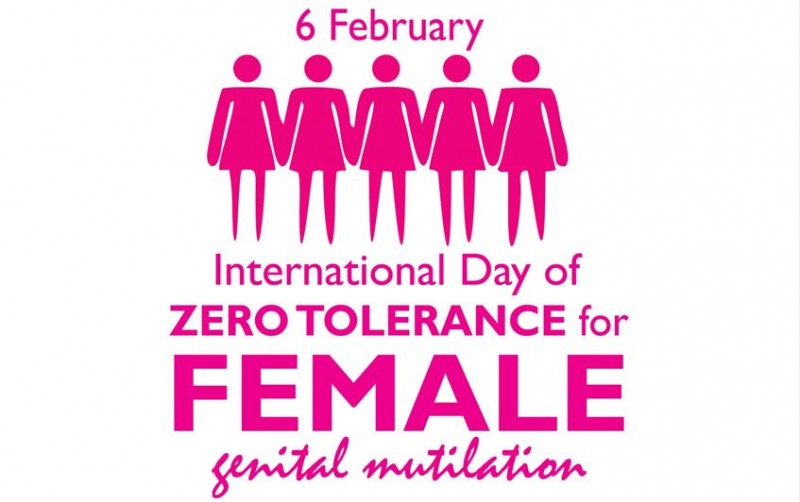
February 6th marks the International Day Against Female Genital Mutilation (FGM), a practice deeply ingrained in certain cultures but recognized globally as a severe violation of human rights, particularly those of women and girls. Tolerance for such practices in the modern era poses significant challenges to achieving gender equality and promoting the well-being of individuals. In 2023, amidst global efforts to combat FGM, the focus was on fostering tolerance for its abandonment through comprehensive strategies rooted in human rights principles.
Understanding Female Genital Mutilation:
Female genital mutilation encompasses various procedures that involve altering or injuring the female genitalia for non-medical reasons. These practices, prevalent in certain communities, are often justified by tradition, cultural norms, or misconceptions about hygiene and sexuality. However, they inflict irreversible harm on girls and women, violating their fundamental rights to health, security, and bodily integrity. FGM perpetuates gender inequality, reflecting deep-seated discrimination against women and girls.
The International Day Against FGM:
February 6th serves as a poignant reminder of the urgent need to eradicate FGM and uphold the rights of women and girls worldwide. Recognized internationally, this day mobilizes global action to raise awareness, advocate for policy reforms, and support communities in abandoning harmful practices. It underscores the importance of concerted efforts, emphasizing dialogue, community empowerment, and gender-sensitive approaches.
Promoting Abandonment through Tolerance:
Tolerance for FGM implies neither acceptance nor indifference but rather a commitment to promoting its abandonment through inclusive and rights-based strategies. Coordinated efforts are essential, engaging entire communities in dialogue and action. Central to these efforts is the empowerment of women and girls, enabling them to assert their rights and challenge harmful traditions.
Comprehensive Approaches to Ending FGM:
Combatting FGM requires multifaceted approaches that address its root causes and consequences. These strategies encompass education, advocacy, healthcare provision, legal reforms, and socio-economic empowerment. By promoting gender equality, enhancing access to sexual and reproductive health services, and fostering community ownership, sustainable progress can be achieved.
Human Rights and Gender Equality:
At its core, the fight against FGM is a struggle for human rights and gender equality. It demands a paradigm shift, challenging entrenched norms and patriarchal structures that perpetuate violence and discrimination. Upholding human rights principles entails respecting the autonomy, dignity, and well-being of every individual, irrespective of gender or cultural background.
International Development Week:
Coinciding with the International Day Against FGM, International Development Week from February 6th to 12th provides a platform to reaffirm commitments to sustainable development and gender equality. It highlights the interconnectedness of global challenges and the importance of collective action in achieving transformative change.
The International Day Against Female Genital Mutilation serves as a crucial opportunity to reaffirm our commitment to ending this harmful practice and upholding the rights of women and girls. Tolerance for FGM necessitates active engagement, community empowerment, and a steadfast dedication to human rights and gender equality. As we commemorate this day, let us renew our efforts to build a world where every individual can live free from violence, discrimination, and inequality.
Sri Lanka Celebrates National Day 2024, All You Need to Know